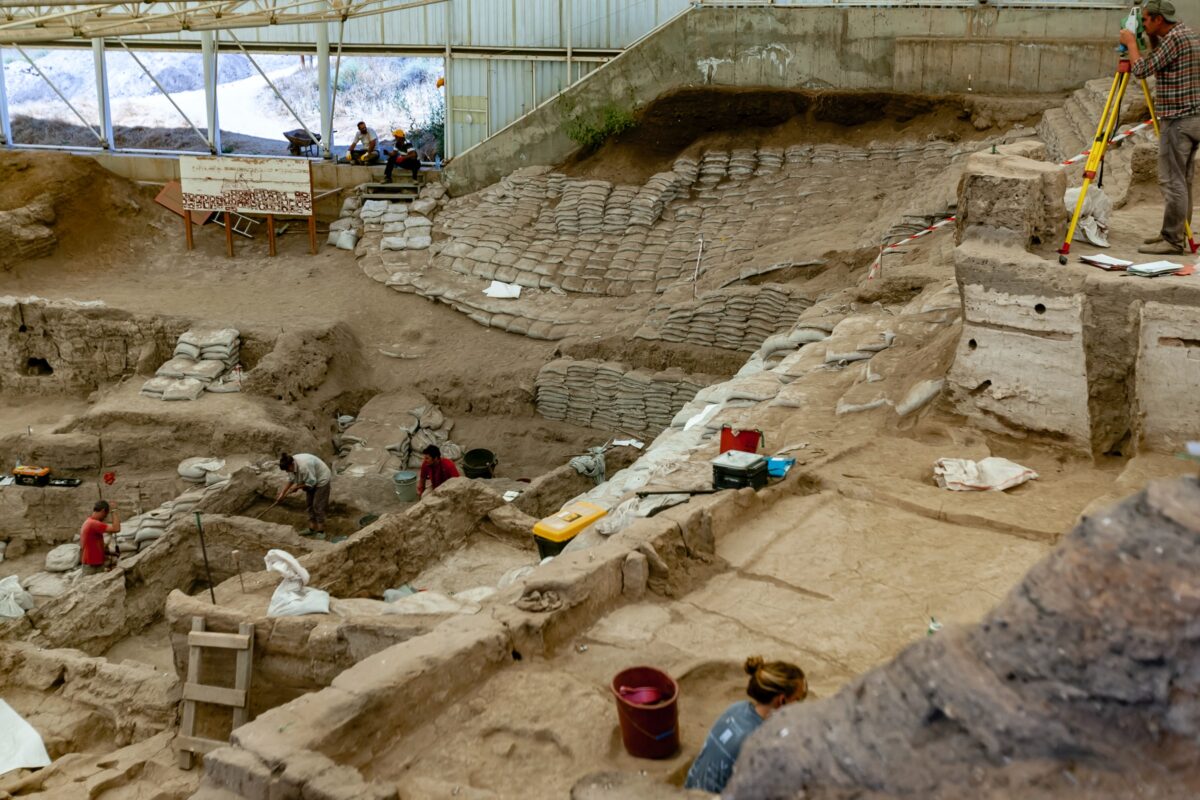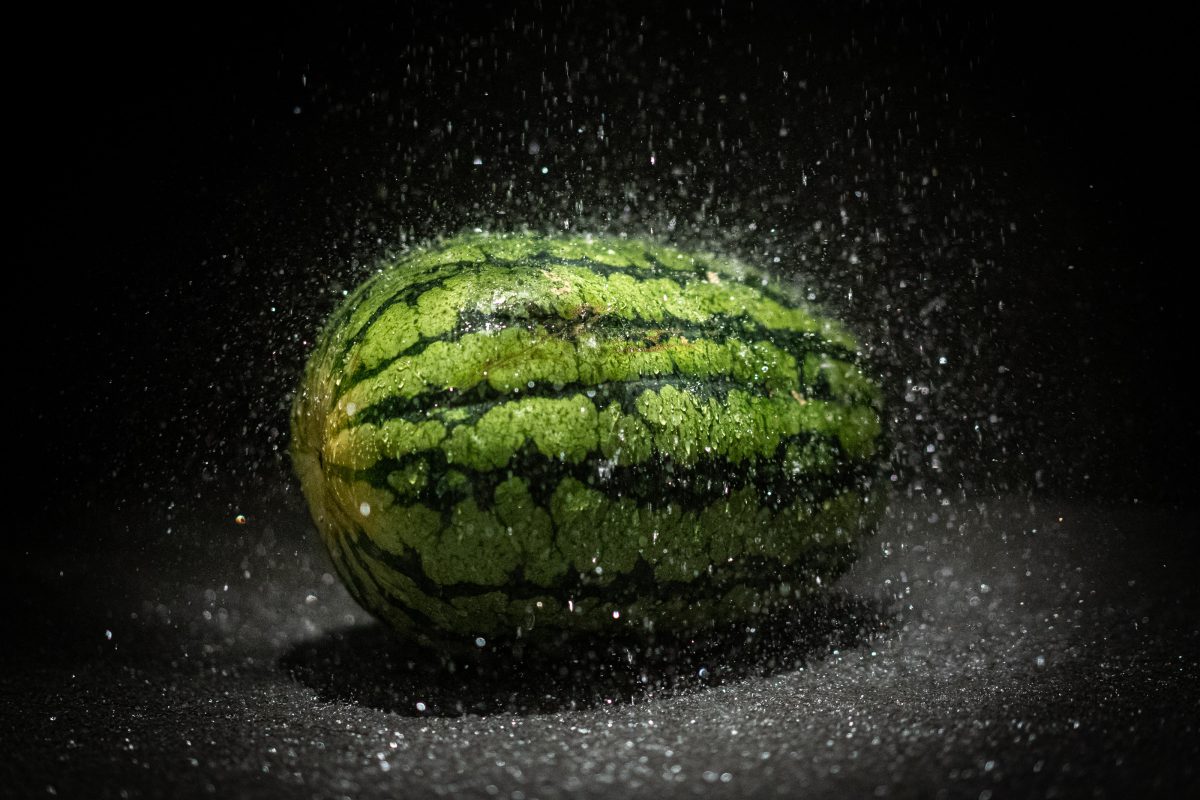A lab analyze pointed toward fixing blemished DNA in human undeveloped organisms shows what can turn out badly with this kind of quality altering and why driving researchers state it’s too hazardous to even consider trying.
In the greater part of the cases, the altering caused unintended changes, for example, loss of a whole chromosome or large pieces of it.
Columbia University analysts depict their work Thursday in the diary Cell. They utilized CRISPR-cas9, a similar substance apparatus that a Chinese researcher utilized on undeveloped organisms in 2018 to help make the world’s first quality altered children, which landed him in jail and drew worldwide hatred.
The instrument lets researchers cut DNA in an exact spot and has significant potential for good — it’s now used to raise better harvests and animals, holds guarantee for treating illnesses and procured its pioneers a Nobel Prize prior this month.
Yet, utilizing it on incipient organisms, sperm or eggs makes changes that can pass to people in the future. A few worldwide boards of researchers and ethicists have said it’s too early to know whether that should be possible securely, and the new Columbia work shows the conceivable mischief.
“In the event that our outcomes had been known two years prior, I question that anybody would have felt free to attempt” it on incipient organisms expected for pregnancy, said researcher Dieter Egli, who drove the examination.
Analysts made 40 incipient organisms with eggs from solid givers and sperm from a man with a quality transformation – a solitary letter missing in the DNA letter set – that causes visual impairment. Altering was pointed toward adding the missing letter so the quality would work.
In certain undeveloped organisms, the altering was attempted at treatment, thought to be the best an ideal opportunity for such endeavors. Different incipient organisms were altered when they contained two cells and were right around two days old. Cells at that point were dissected at different phases of advancement to perceive the number of had the change fixed.
Shockingly, it didn’t work in any of the cells from incipient organisms altered at preparation. It just worked in three of the 45 cells from incipient organisms altered at the later stage.
In a considerable lot of the rest, “what we discovered is that rather than the transformation being fixed, the chromosome conveying the transformation is gone” — a significant change that probably fates the incipient organism, Egli said. Numerous different cells indicated changes in different chromosomes that additionally could do hurt.
Past specialists who thought they had fixed a deformity in incipient organisms may have been misdirected into deduction they had succeeded on the grounds that typical lab tests not, at this point distinguished the change. Nonetheless, more broad testing like what was done in this examination shows that different changes might have occurred, for example, a whole chromosome being cleared out, Egli said.
The new work recommends that quality altering may hold guarantee for amending problems brought about by an additional duplicate of a chromosome, for example, Down disorder. In any case, the risk uncovered in the new investigation “further avows we are not prepared, way off the mark” to attempt this, Dr. Eric Topol wrote in an email.
“This takes the worries that have just been communicated about human incipient organism altering to another level,” added Topol, who heads the Scripps Research Translational Institute in San Diego and had no function in the new work.
In the U.S., government reserves can’t be utilized for research on human undeveloped organisms, so the Columbia scientists utilized private cash from two establishments. A few of the researchers have connections to quality treatment or investigation organizations.




